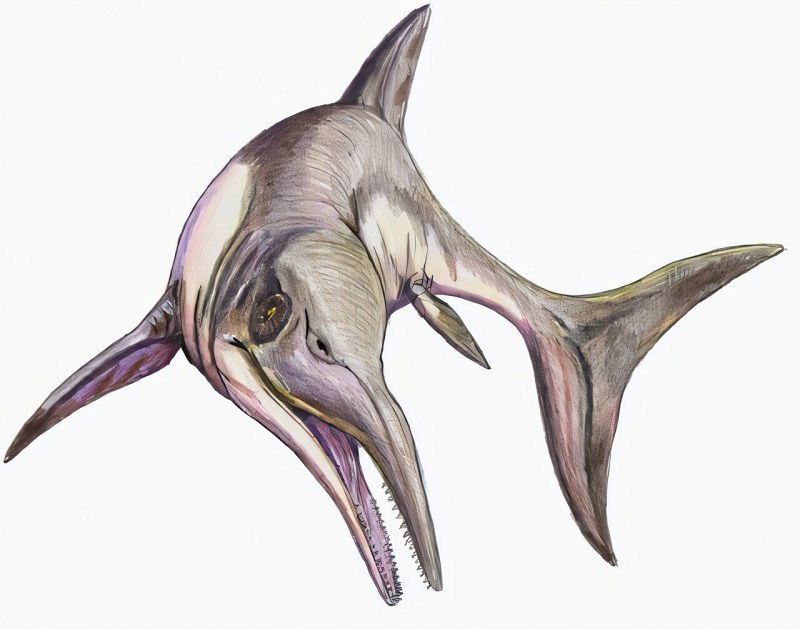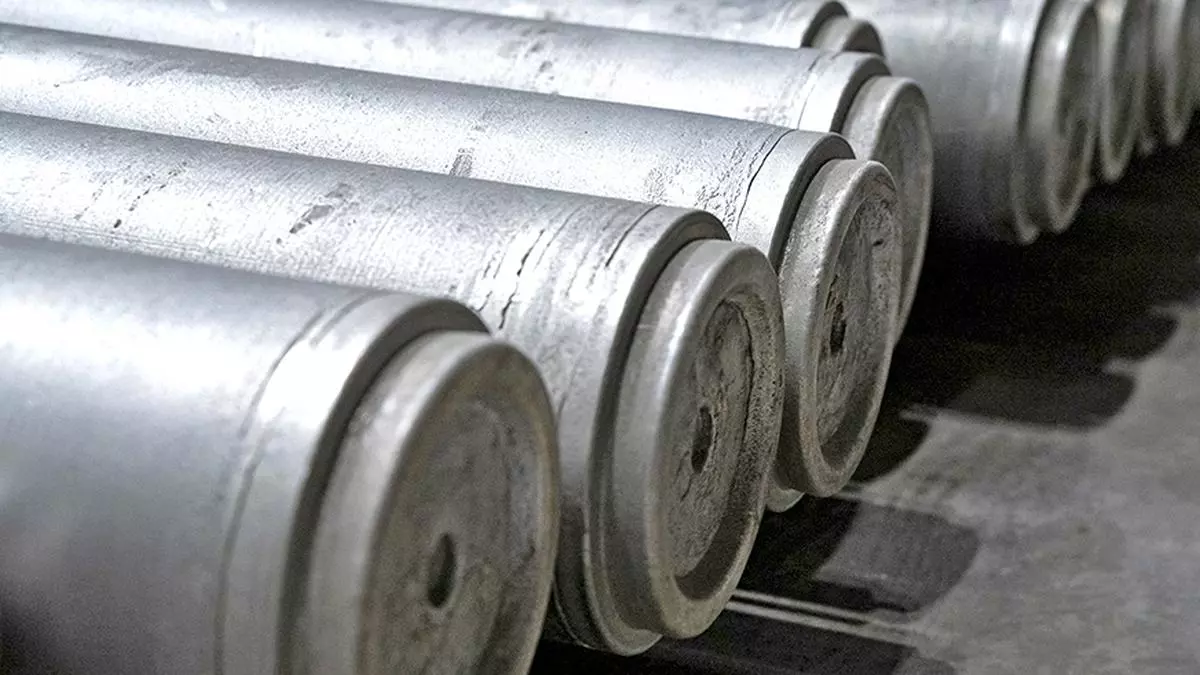
3-D: Short for three-dimensional. This term is an adjective for something that has features that can be described in three dimensions — height, width and length.
cancer: Any of more than 100 different diseases, each characterized by the rapid, uncontrolled growth of abnormal cells. The development and growth of cancers, also known as malignancies, can lead to tumors, pain and death.
cell: (in biology) The smallest structural and functional unit of an organism. Typically too small to see with the unaided eye, it consists of a watery fluid surrounded by a membrane or wall. Depending on their size, animals are made of anywhere from thousands to trillions of cells. Most organisms, such as yeasts, molds, bacteria and some algae, are composed of only one cell.
function: The specific role some structure or device plays.
information: (as opposed to data) Facts provided or trends learned about something or someone, often as a result of studying data.
kidney: Each in a pair of organs in mammals that filters blood and produces urine.
microscopic: An adjective for things too small to be seen by the unaided eye. It takes a microscope to view objects this small, such as bacteria or other one-celled organisms.
model: A simulation of a real-world event (usually using a computer) that has been developed to predict one or more likely outcomes. Or an individual that is meant to display how something would work in or look on others.
network: A group of interconnected people or things.
organ: (in biology) Various parts of an organism that perform one or more particular functions. For instance, an ovary is an organ that makes eggs, the brain is an organ that makes sense of nerve signals and a plant’s roots are organs that take in nutrients and moisture.
organoid: A mass of cells grown artificially (usually in a laboratory) to form some desired structure that resembles some organ in shape, function or both.
tool: An object that a person or other animal makes or obtains and then uses to carry out some purpose such as reaching food, defending itself or grooming.
waste: Any materials that are left over from biological or other systems that have no value, so they can be disposed of as trash or recycled for some new use.








Leave a Comment